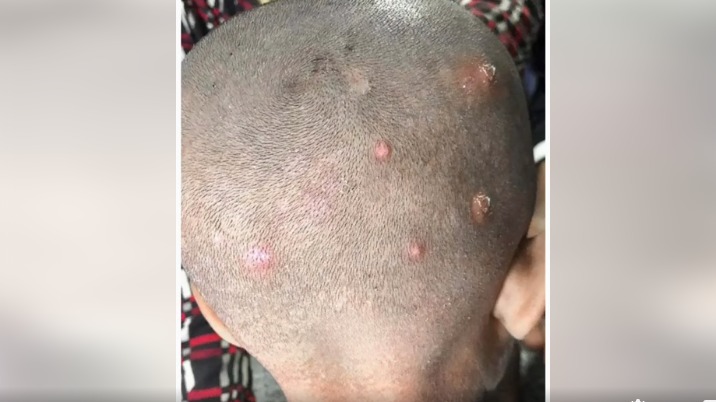
Understanding Scalp Bumps and Pimples in Children: What Parents Should Know
Discovering bumps or pimples on your child’s scalp can be concerning—especially when immediate medical advice isn’t available. While many cases are minor and resolve on their own, some may indicate underlying infections or skin conditions that warrant attention. Remaining calm and observant is the first step toward proper care.
Common Causes of Scalp Bumps
Several conditions can lead to scalp bumps in children, each with distinct characteristics:
- Folliculitis: This condition involves inflammation of the hair follicles, often caused by bacteria, fungi, or irritation from hair products. It typically presents as small, red, itchy bumps.
- Sebaceous Cysts: These are smooth, dome-shaped lumps beneath the skin filled with an oily substance. They’re usually painless unless infected.
- Boils (Furuncles): Painful and pus-filled, boils begin as tender red bumps and may enlarge into abscesses over time.
Other possible causes include allergic reactions, insect bites, eczema, or psoriasis. Scalp folliculitis may ooze or form a crust, while boils can grow rapidly and cause more intense discomfort.
When to Seek Medical Attention
Prompt medical evaluation is essential if your child experiences any of the following:
- Fever
- Severe or worsening pain
- Rapidly spreading swelling
- Difficulty swallowing or breathing
These signs may indicate a more serious infection that requires professional treatment.
Home Care and Prevention Tips
For mild cases, you can ease discomfort and promote healing with these measures:
- Apply warm compresses to the affected area to reduce inflammation.
- Keep the scalp clean and dry.
- Avoid harsh shampoos or irritating hair products.
- Use gentle, natural remedies—such as diluted tea tree oil or aloe vera—only with your pediatrician’s guidance.
Promoting good hygiene and closely monitoring symptoms can help manage most scalp conditions effectively. With attentive care, these issues are typically short-lived and fully treatable.


